The violence targeting the Hindu minority in Bangladesh is a disturbing sign of the continuing influence of Islamist groups that have threatened the secular consensus in that country since its birth 50 years ago. Prime Minister Sheikh Hasina has of course promised to crack down on individuals and groups behind last week’s communal clashes and some five hundred people have been arrested. It may be recalled that at least six people died in clashes and temples, residences and businesses of members of the Hindu community, which constitutes over 10 per cent of Bangladesh’s population, were damaged. The violence began on Friday when hundreds of Muslims protested in the southeastern
Noakhali district accusing Hindus of a blasphemous incident involving the Koran. Several Hindu religious sites were vandalised, and homes attacked. Clearly, the Hasina government needs to act firmly to punish the guilty and restore peace not now but in future too.
New Delhi has rightly expressed concern since events in its neighbourhood can potentially resonate at home but any response should be tempered by the understanding that this is a problem, primarily, for Dhaka to address. For, any attempt to step into a matter that involves citizens of Bangladesh is fraught with risk and unintended consequences. Like most countries in the Subcontinent, Bangladesh has been roiled by communal violence, with Hindus, the single-largest religious minority, facing the brunt – there have been at least 3,600 incidents of violence against Hindus since January 2013. Yet, evidence suggests that the anti-Hindu mobilisations in Bangladesh are more of an aberration. A secular linguistic identity has been the foundational principle of Bangladesh, but a powerful Islamist strand, a leftover of pre-Partition Muslim politics in the Subcontinent, has survived through organisations such as Jamaat-e-Islami in alliance with military dictators and pro-Pakistan forces. The rise of al Qaeda and ISIS has provided additional impetus and new ideological inspiration for the emergence of new radical groups, which have attacked artists, bloggers, Awami League and Communist Party workers, LGBT activists. In 2016, an al Qaeda affiliate bombed a bakery in upscale Dhaka killing 22 foreign nationals.
The fact remains that almost 75 years since Partition, religious polarisation in any part of the Subcontinent has cross-border implications. Governments will have to be vigilant against forces that seek to exploit communal fault lines and stoke minority insecurities to further their own electoral and ideological goals. The violence during Durga Puja, a social event that draws in all religious communities in Bangladesh, set off by the now all-too familiar rumour and social media
fury, is ominous and must be halted urgently.

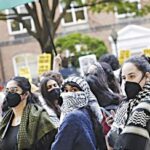


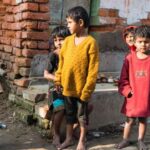
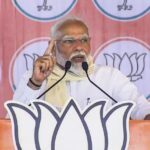
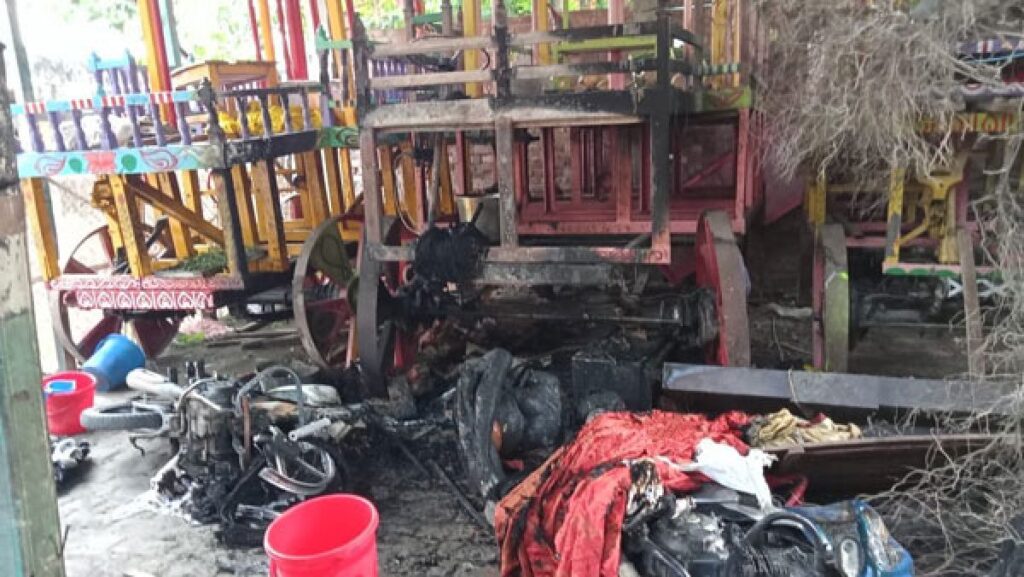
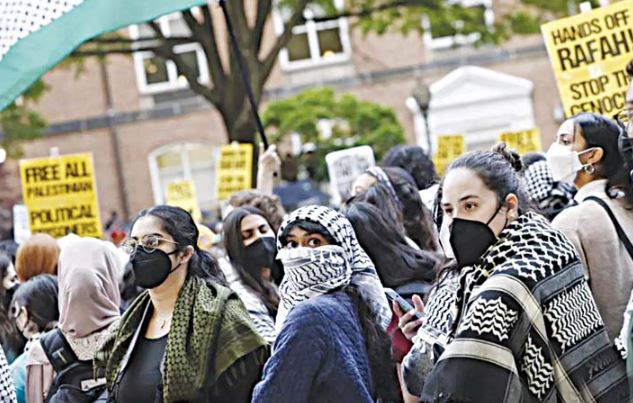



More Stories
Columbia University aakes back Deadline set for Protesters to Leave Campus
BJD Releases List of 3 Candidates for Odisha Assembly Elections
Low vision clinic inaugurated at AIIMS Bhubaneswar